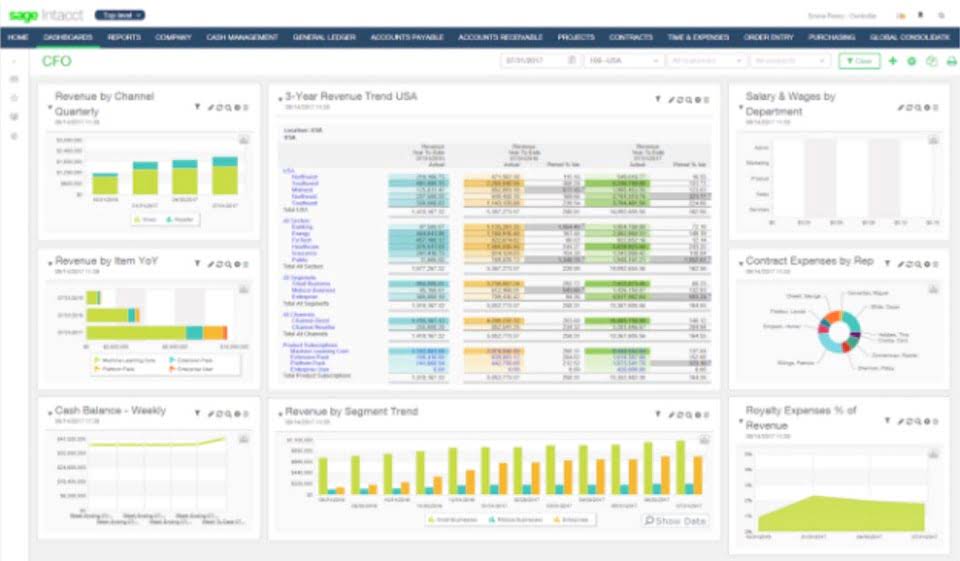- December 13, 2021
- Posted by: FredBarney17
- Category: Bookkeeping

These amounts usually appear on the income statement, often aggregated under “Other Income” or “Other Expenses,” because their individual balances are small. While the “Cash Over and Short” account is not an asset or liability on the balance sheet, its impact on income indirectly affects retained earnings at the end of an accounting period. Let’s assume Tom rang up a $100 pair of running shoes for $100, but he miscounted the cash received for the shoes.
b). If it has a debit balance, it is treated as expense.
If actual cash received does not match the register, the difference is recorded in a cash short and over account. Examples are provided to illustrate journal entries for shortages and overages. Managing cash effectively is a daily undertaking for many businesses, particularly those in retail, hospitality, or any sector involving frequent cash transactions. These operations require precise handling of physical currency and meticulous record-keeping to ensure accuracy. Despite best efforts, discrepancies can arise between the expected amount of cash and the actual cash on hand. Such differences are a common occurrence in environments where cash changes hands frequently, necessitating a systematic approach to identify and account for them.
Journal entry for cash shortage

It acts as a balancing mechanism for minor variances that are not significant enough to warrant a full investigation into fraud or major errors. It is essential for companies to minimize cash over short incidents by implementing robust internal controls and addressing the root causes of these discrepancies. By prioritizing the prevention of cash over short occurrences, businesses can maintain accurate financial records, preserve their investor base, and safeguard their corporate reputation. A cash over and short situation can be just as impactful on banking institutions as in retail businesses. Imagine that a teller at a local bank miscounts cash, resulting in a discrepancy between the recorded transactions and the actual amount of money present. In the context of a banking environment, this issue could manifest as a difference in the balance of a customer’s account or a discrepancy within the bank’s internal records.
Is an Expense Account a Debit or Credit?
This classification reflects that the account impacts the period’s income, not assets or liabilities. The balance is usually closed out at the end https://www.bookstime.com/articles/ai-in-accounts-payable of each accounting period, transferring its net effect to the company’s income or expense. When the company has the cash overage in the petty cash fund, it can make the journal entry by debiting the expenses account and crediting the cash over and short account together with the cash account.
- Therefore, the balance of cash short and over is on debit or credit depends on whether it is shortage or overage.
- Therefore, the cash over and short is usually at debit balance which represents an expense.
- This is probably due to there have been many transactions for our retail business as it is near holiday resulting in errors in our calculation.
- Cash shortage usually happens when the actual cash on hand received from sales is less than the total amount in sales receipts for the retail business.
- This cash shortfall is recorded as a debit to the cash over and short account (which is an expense) and a credit to the petty cash or cash account (which is an asset reduction).
Unpacking What is Cash Short and Over and Its Crucial Role in Financial Management
This process is similar to how other temporary cash short and over debit or credit income statement accounts are handled. The shortage journal entry is one of many bookkeeping entries used in accounting, discover another at the links below. The cash short/over account is an expense account in the income statement of the business. Explore how businesses account for everyday cash differences and their ultimate financial statement treatment. Discover the financial classification of cash discrepancies and their impact on business accounting and operational insights.


If the same register holds $502 instead of the expected $500, it represents a $2 overage. The primary purpose of a cash-over-short account is to help businesses monitor and record discrepancies between their reported sales figures and actual audited financial statements. It’s essential for internal control purposes, enabling companies to identify the source of any variances in cash levels and implement corrective actions if necessary.
c). If it has a debit balance, it is treated as revenue.

This might appear as “Cash Shortage Expense” or be included within “Other Expenses” on the income statement. Common reasons for cash-over-short discrepancies include human error, employee negligence, or internal tampering. Cashiers or tellers might miscount cash received, record incorrect sales prices, or make other errors that create a disparity between reported sales and actual collections. Yes, it is an income statement account used to record cash variances that may impact a company’s profits in its income statement. The cash-over-short account is classified as a detective control within accounting, allowing companies to investigate and address issues like fraud or errors contributing to the discrepancy.
A sample presentation of the Other Expenses line item in an income statement appears in the following exhibit. Inaccuracies stemming from cash over short incidents can damage a company’s reputation. Negative publicity regarding financial mismanagement could deter potential customers and employees from associating with the organization. This, in turn, may result in additional costs for restoring trust and regaining market share. This term pertains primarily https://dev-mrmaalik.pantheonsite.io/2020/09/28/bookkeeping-for-engineering-firms-everything-you/ to cash-intensive businesses in the retail and banking sectors, as well as those that need to handle petty cash. If a cashier or bank teller errs by giving too much or too little change, for example, then the business will have a “cash short” or “cash over” position at the end of the day.